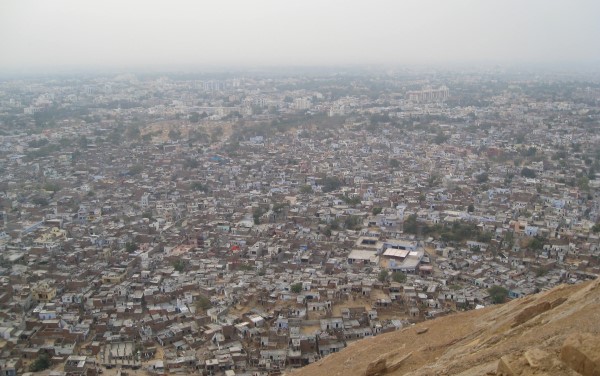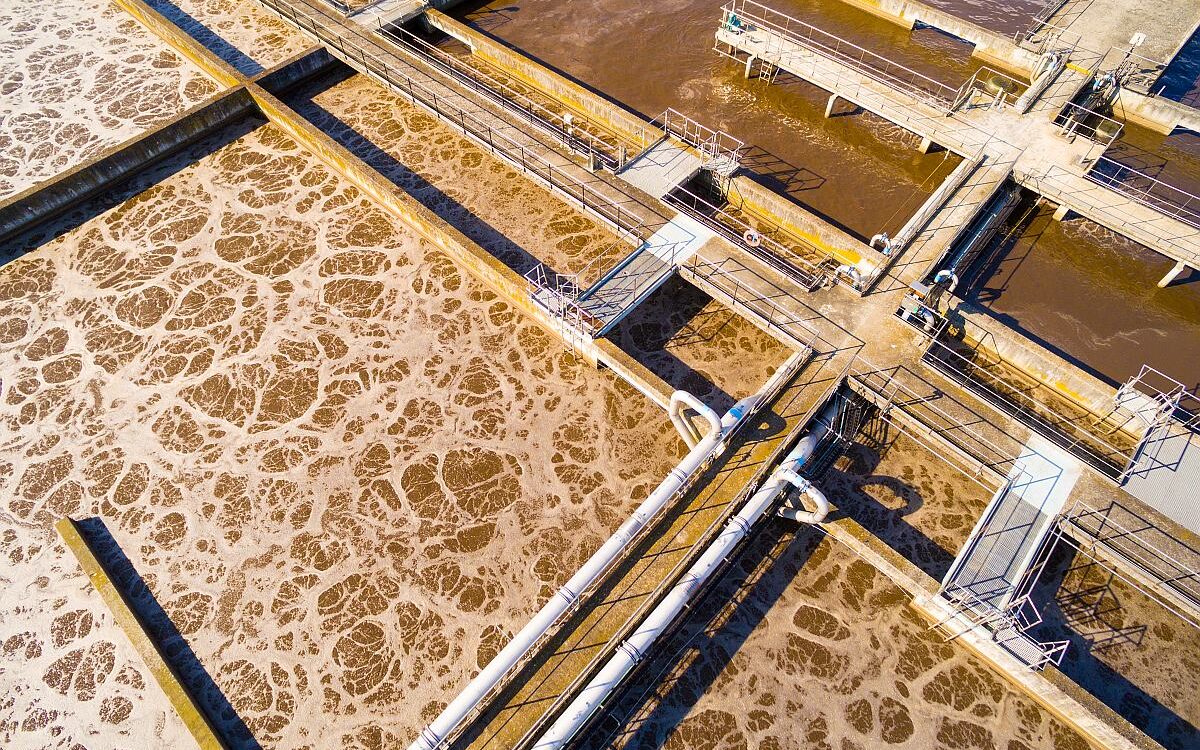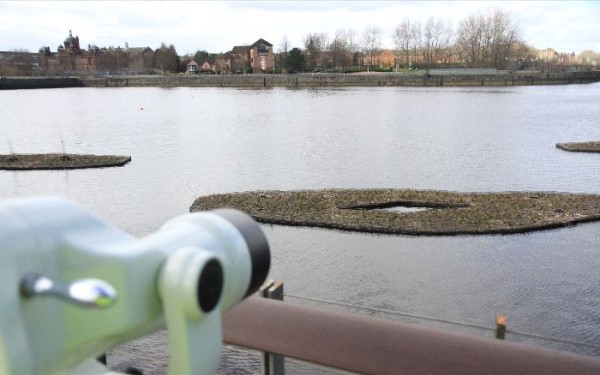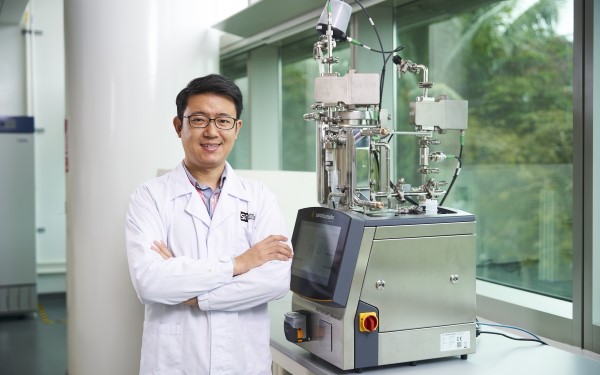October 4, 2022 | India’s fast-growing cities need an efficient infrastructure for water supply and wastewater disposal. A research cooperation, is therefore supporting the development of a sustainable water infrastructure in the southern Indian city of Coimbatore with the “AQUA Hub” project. At the center of this is a contact point for German-Indian technology and knowledge transfer, the so-called Water Innovation Hub.
With its 1.7 million inhabitants on an area of almost 260 square kilometers, the southern Indian industrial city of Coimbatore is a typical fast-growing metropolis. Its population is expected to grow by another million people in the next 30 years. However, securing water supply and wastewater disposal is already considered one of the most urgent problems. Competition for water resources is manifold; in many places, drinking water supplies are limited to only a few hours every five to ten days. There is also a lack of sewage systems and treatment plants, and the extensive lake district around the city is polluted by sewage, as is the Noyyal River, which flows through the urban area.
Coimbatore’s history
How did it come about that the city of Coimbatore, known for its special water tradition, with its centuries-old, efficient water drainage system, is now facing such enormous problems? In the new format for science communication in the AQUA Hub research project, the German-Indian team reports on the background to this development. Hub manager Sreya Prakash devotes the first and second parts of the “HubPost” series to Coimbatore’s history and its reputation as the “Manchester of South India.” Prakash traces how the ecosystems of the vast lakescape have been destroyed by overuse since the early 1970s. “The lakes have shrunk by 50 percent and have essentially become sewage tanks,” Prakash reports in HubPost No. 2, “The Slow Death of the Lakes.”
Innovations in the water sector
“The challenges facing the city of Coimbatore from past mismanagement of water resources are exemplary for Indian metropolises,” says ISOE water researcher Stefan Liehr. Time is of the essence. “Effective measures to stop urban water pollution and improve, secure and monitor water quality must be implemented as soon as possible, not only in Coimbatore.”
As one of India’s hundred so-called “smart cities,” Coimbatore actually has the chance to implement exemplary solutions for innovative water supply and water disposal and thus set the course for sustainable urban development, he said.
Knowledge and technology transfer
In the course of the predecessor project Smart Water Future India (SWF India), which was funded by the German Federal Ministry for the Environment, Nature Conservation and Nuclear Safety, a German-Indian research team first analyzed Coimbatore’s water sector and identified the need for environmental technologies and intelligent water management strategies for sustainable water supply and disposal. For the knowledge and technology transfer of the results, the concept of Water Innovation Hubs as network and project centers has now been developed at two pilot locations in the current “AQUA Hub” project.
In addition to Coimbatore, such a center has also been opened in Solapur. The hubs link the supply of innovative water infrastructure solutions with the corresponding demand. They also enable companies and research institutes from Germany to publicize their innovative technologies locally, test pilot plants together with Indian partners and develop them further under the specific conditions in India.







